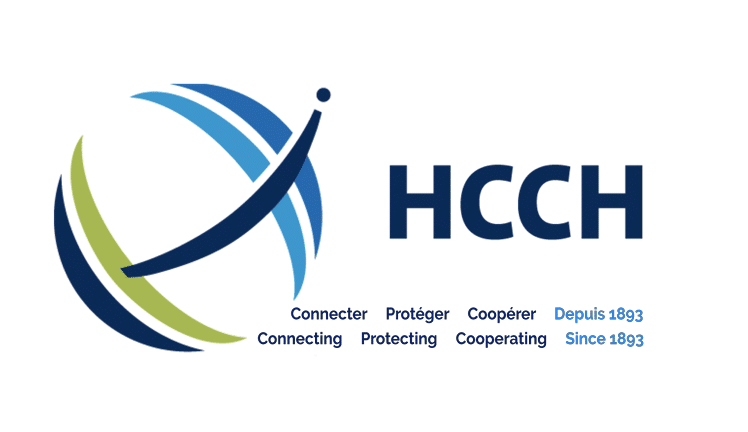Since the late 1800s, states have used treaties to simplify the process of cross-border litigation. The Hague Conference on Private International Law has promulgated dozens of such conventions. Major Hague treaties to which the United States is a party address such issues as service of process, discovery and evidence gathering, the certification of public records, and family law issues like divorce, custody, and child support. The United States has also signed but not yet ratified two recent Hague treaties: the 2005 Choice of Court Convention and the 2019 Judgments Convention. The United States is also party to many Mutual Legal Assistance Treaties, which generally apply only to criminal cases.
A Primer on Judicial Assistance Treaties
[This post is one in a series of primers on various topics in transnational litigation. More primers can be found on our topic pages, accessible by clicking Topics at the top of the page.] In transnational litigation it will often be necessary to do something within the territory of another state, such as serve process,…
Continue ReadingAll I Want for Christmas (from the Federal Courts)
Rounding out this week’s posts by John Coyle and Bill Dodge, here’s my wish list for the lower federal courts (plus a bonus plea to the Supreme Court). Stop Violating Rule 4(f) and the Hague Service Convention Rule 4(f) of the Federal Rules of Civil Procedure authorizes service of process on defendants “at a place…
Continue ReadingAnother Thoughtful Decision Limiting Email Service
The interplay between Rule 4(f) and the Hague Service Convention (HSC) is intricate and challenging. In a recent order, U.S. Magistrate Judge Diana Song Quiroga of the Southern District of Texas said a lot of smart things about this interplay that bear repeating by other district courts. Three Cheers The judge denied a request in…
Continue ReadingDesperately Seeking Interlocutory Appeal
Despite some excellent opinions correctly interpreting the Hague Service Convention (HSC) and Rule 4(f)(3) in recent years, the district courts continue to be deeply divided on recurring questions of international service of process, in particular the permissibility of service by email or by other electronic means. Bill Dodge and I think such questions are clearly…
Continue Reading


